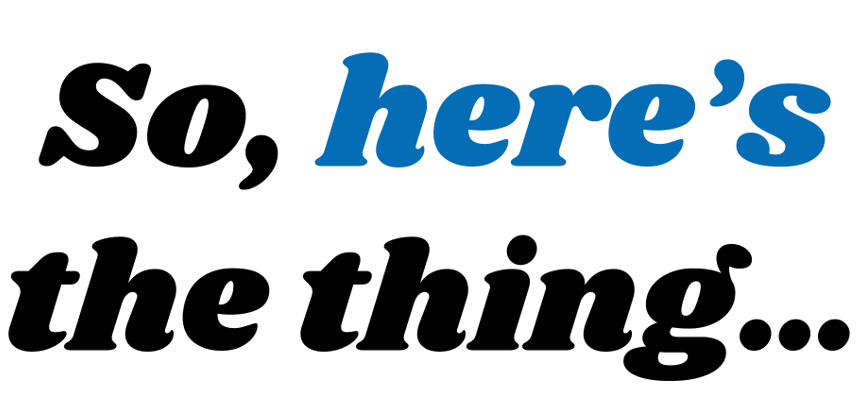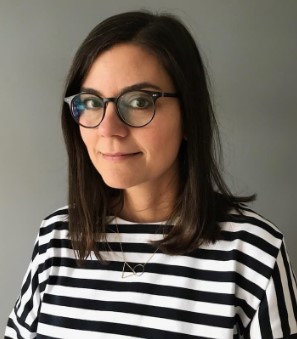
On the 15th March 2023, delegates attended a short debate on whether computers (particularly with Artificial Intelligence developments) are taking over (see introductory slides). A mix of onsite and remote participants heard from Lee Machado (Professor of Molecular Medicine) who argued with slides that computers are not taking over. Rob Howe (Head of Learning Technology) then presented the counter argument with slides prepared by Karl Downing (Digital Development Lead – IT Services). This was all beautifully summed up by Sue Attewell (Head of Edtech – Jisc National Centre for A.I.). Jatin Arora (President of the UON student AI society) spoke after the event on his reflections as his comments during the session were not captured.
AI is in a grey area at the moment – nothing is fully good or fully bad. It depends on the human on how it is used.
Jatin Arora (President of the UON student AI society)
The event concluded with a vote. The majority decided that computers were not taking over.
- 11 delegates agreed that they are taking over
- 43 delegates felt that they were not taking over
- 10 delegates abstained
Please feel free to listen to the recording (42 minutes) of the event and also contribute to the Padlet which was set up for the session.
If you are interested in discussions of this type then there are at least two further events of interest:
• 21st June 13:00 – 15:00 International debate and discussion around AI. Sign up TBA
• Implications and Ethical Dimensions of using Artificial Intelligence in Higher Education Teaching, Learning and Assessment.- https://reflect.ucl.ac.uk/aptconference/ on Friday 30th June.
Please contact Rob.Howe@northampton.ac.uk with any questions about the event or any follow-up.

You may have seen films where artificially intelligent devices either help or hinder humans – but where is it all going?
Artificial Intelligence will increasingly form part of our daily lives but what actually is it and what might be the benefits and challenges for us in our future home, study and work environments?
The debate, moderated by the UK’s National Centre for Artificial Intelligence, will raise questions for all of us about the way in which this technology will impact our lives.
This session is aimed at everyone, regardless of their background and level of expertise.
Hear both sides of the argument and vote at the end!
This event is taking place in person and online.
In person details and registration:
https://AIdebateinperson.eventbrite.com
Online details and registration:
https://AIdebateonline.eventbrite.com
Lecturer in Digital Education at the University of Hull

The recording of the event (49 mins) held on 23rd March, 2022 is available to view.
The slides from the session are available to download
The Padlet from the session is available for contributions.
For more information on the Detect project
In this presentation Dr Gouseti considered why supporting teachers and students with developing critical digital literacies (CDL) appears to be more timely than ever and she presented a new framework of critical digital literacies created by the DETECT Erasmus+ project. This conceptualisation of critical digital literacies builds on other relevant frameworks but it also introduces a more open-ended approach towards capturing different dimensions that can be associated with CDL practices within and outside formal educational contexts. Furthermore, some project outputs relevant for teachers’ professional development in the area of CDL were discussed during this presentation.
Anastasia Gouseti is a Lecturer in Digital Education at the University of Hull. Her research interests include the use of digital media in educational settings and the role of new technologies in promoting teaching, learning and collaboration. She is currently the Principal Investigator for the Erasmus+ DETECT project which focuses on supporting educators with developing critical digital literacies.
Staff profile: https://www.hull.ac.uk/staff-directory/anastasia-gouseti
Selected publications
Gouseti, A. (2021). ‘We’d never had to set up a virtual school before’: Opportunities and challenges for primary and secondary teachers during emergency remote education. Review of Education, 9(3), https://doi.org/10.1002/rev3.3305
Gouseti, A., Abbott, D., Burden, K., & Jeffrey, S. (2020). Adopting the use of a legacy digital artefact in formal educational settings: opportunities and challenges. Technology, Pedagogy and Education, 29(5), 613-629. https://doi.org/10.1080/1475939X.2020.1822435
Gouseti, A. (2017). Exploring doctoral students’ use of digital technologies: what do they use them for and why?. Educational review, 69(5), 638-654 https://doi.org/10.1080/00131911.2017.1291492
Recent Posts
- Blackboard Upgrade – February 2026
- Blackboard Upgrade – January 2026
- Spotlight on Excellence: Bringing AI Conversations into Management Learning
- Blackboard Upgrade – December 2025
- Preparing for your Physiotherapy Apprenticeship Programme (PREP-PAP) by Fiona Barrett and Anna Smith
- Blackboard Upgrade – November 2025
- Fix Your Content Day 2025
- Blackboard Upgrade – October 2025
- Blackboard Upgrade – September 2025
- The potential student benefits of staying engaged with learning and teaching material
Tags
ABL Practitioner Stories Academic Skills Accessibility Active Blended Learning (ABL) ADE AI Artificial Intelligence Assessment Design Assessment Tools Blackboard Blackboard Learn Blackboard Upgrade Blended Learning Blogs CAIeRO Collaborate Collaboration Distance Learning Feedback FHES Flipped Learning iNorthampton iPad Kaltura Learner Experience MALT Mobile Newsletter NILE NILE Ultra Outside the box Panopto Presentations Quality Reflection SHED Submitting and Grading Electronically (SaGE) Turnitin Ultra Ultra Upgrade Update Updates Video Waterside XerteArchives
Site Admin

